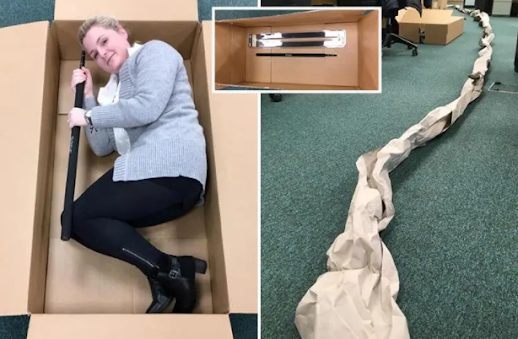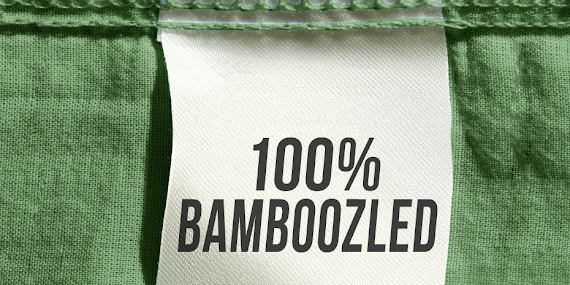Footprint Post Quarter Results
At the beginning of the quarter, we were asked to take surveys to see our ecological footprint and make goals for ourselves to improve on throughout the quarter. These surveys were broken down into 4 categories: ecological footprint, carbon footprint, water footprint, and slavery footprint. The surveys actually gave good insights into how much I contribute to the world's degradation. My past goals and results are as followed. Past Goals 1) I feel driving is one of the largest contributors to my ecological and carbon footprint. I already know that I can reduce this a significant amount. I just enjoy driving, it's almost one of my hobbies. It's relaxing for me and lets me think clearly for a short period of time, so I tend to drive anywhere I can. My goal is to reduce driving outside of driving to work and school each day, those are pretty mandatory and I don't see that changing but pleasure driving can defiantly be reduced. 2) The second biggest factor is that my diet d...





